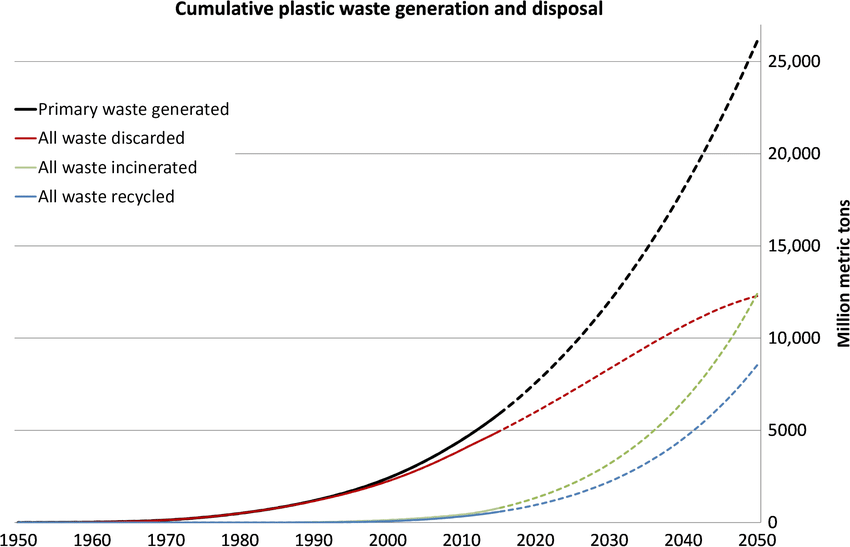We all know Dove. They’re more than just a soap brand. For decades, their ‘Real Beauty’ campaigns have sold us a vision of empowerment that confronted some of the world’s most toxic beauty trends. They’ve styled themselves as the champion of women and young girls.
But behind the scenes, Dove has been fuelling a human and environmental crisis by pumping huge volumes of toxic single use plastic out into the world.
Dove claims to tackle toxic beauty standards, while creating toxic rivers
Over 200 million of the world’s poorest people are at risk from more severe and frequent flooding caused by the waste of brands like Dove. That’s the population of the UK, France and Germany combined.
Dove are fully aware of the alternatives to single-use plastic. Yet, the harmful production continues. Every year, they’re pumping out 6.4 billion of the worst offenders, sachets – small, single use plastic packaging – onto communities in the global south. That’s 12,000 every minute! These tiny plastic sachets are nearly impossible to collect and even harder to recycle.
Dove is polluting communities in countries like India, Indonesia and the Philippines.
Dove’s plastic waste is choking rivers and oceans, and when burned is leaching toxic chemicals into the air we breathe. Greenpeace activists in the Philippines have seen with their own eyes the devastating damage of Dove’s toxic plastic waste. They’ve seen plastic packaging from Dove, and their owners Unilever, jamming local waste systems, polluting neighbourhoods and waterways.




